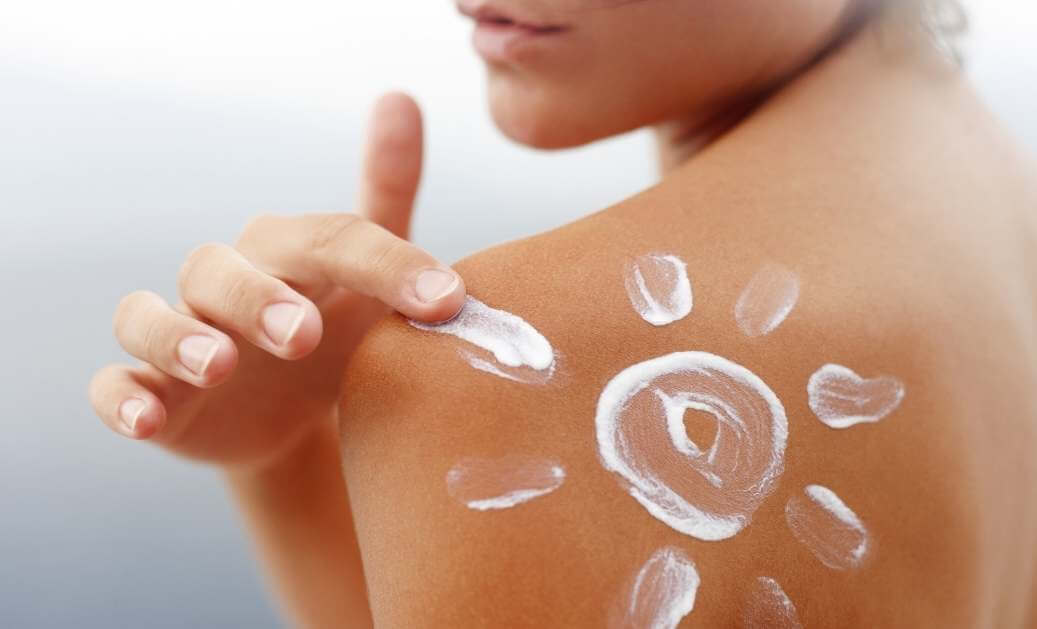
Regardless of the weather or season, the sun’s powerful rays can damage skin cells. Over time, this can not only accelerate the aging process but also increase a person’s risk of developing skin cancer. While most patients know that diligent sunscreen use goes a long way in minimizing these harmful effects, few are away that there’s more than one option. Physical and chemical sunscreens each offer pros and cons for patients looking to protect their skin.
To help patients sift through the differences, our Oakville skincare specialists have pulled together this guide on physical versus chemical sunscreens. If you still have questions by the end, call our experts at ICLS Dermatology and Plastic Surgery and schedule a consultation.
Physical versus Chemical Sunscreens – What are the Differences?
While physical and chemical sunscreens both work to protect skin from UV rays, the way in which they block rays differ tremendously.
Physical Sunscreens
Physical sunscreens are literal sunblocks. These mineral-based lotions usually contain titanium dioxide or zinc oxide to create a barrier on the skin. These specific compounds are able to deflect and scatter UV rays away from the skin, preventing skin cell damage.
As physical sunscreens use minerals to protect skin and are not absorbed by the skin, they are safe for use on babies and pregnant women. They are also less likely to cause irritation for people with sensitive skin or those who are sun-sensitive. Furthermore, physical sunscreens provide protection as soon as they’re applied.
However, there are some cons associated with physical sunblocks. Depending on the strength, the formula can be thicker, making it uncomfortable to wear with makeup or without sweating. As it can be rubbed or sweat off, people need to be ready to reapply frequently and generously in order to be effective. With higher strength sunblocks, the viscosity can make it difficult to evenly coat the body with sunscreen.
Chemical Sunscreens
As the name suggests, chemical sunscreens rely on chemical compounds to protect skin from UV rays. Instead of sitting on top of the skin like physical sunscreens, chemical sunscreens are absorbed into the skin. When UV rays reach skin, the compounds change the rays into heat, which is then released and scattered by the skin. If you’re looking for a chemical sunscreen, look for products that contain avobenzone, octinoxate and octisalate.
As chemical sunscreens are absorbed into skin, they are not susceptible to being washed off or sweat off – making them ideal for outdoor adventurers or those who spend a great deal of time outside. Furthermore, the actual sunscreen is relatively lightweight and safe for daily use with other skincare products.
While chemical sunscreens may be the perfect solution for some, there are a few caveats. For starters, the use of chemicals that are absorbed into the skin can cause irritation – especially if the product comes into contact with thin skin or the eyes. Furthermore, chemical sunscreens don’t offer immediate protection. For maximum benefits, patients need to wait at least 20 minutes after applying the sunscreen before going into the sun. Finally, the use of multiple compounds and chemicals can also increase breakouts and clog pores in patients with sensitive skin.
Which Sunscreen do I Need?
Choosing the right sunscreen is very much dependent on each patient and what their plans are. For daily use, chemical sunscreen can be an easy addition to an existing skincare regimen while physical sunblocks offer on-the-go protection for spontaneous trips outdoors.
Your skin’s current condition should also inform your sunscreen decision. While chemical sunscreens may add all-day protection, they can exacerbate redness and irritation for patients with sensitive skin or skin conditions like rosacea. Non-absorbing sunblocks may be a better solution for more sensitive individuals. When providing recommendations to our patients, our dermatologist team considers these and other factors before making a recommendation. Have questions? Call ICLS Dermatology and Plastic Surgery at 905-842-2262 today or complete our online form to schedule a consultation with our specialists.
